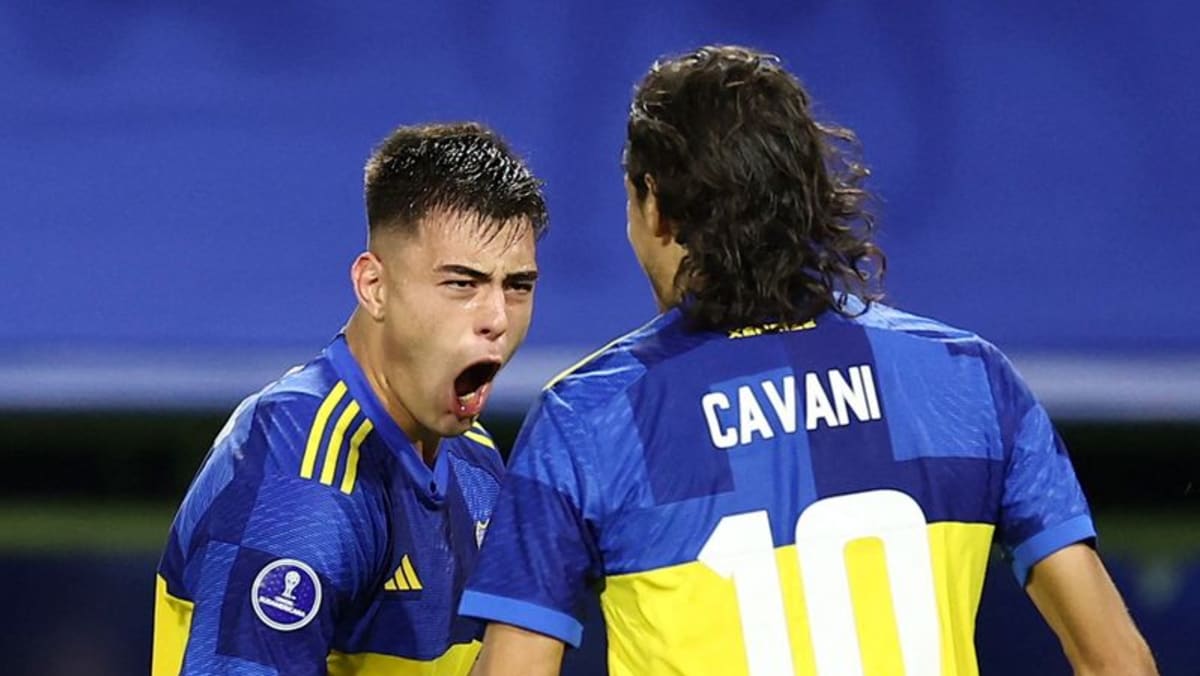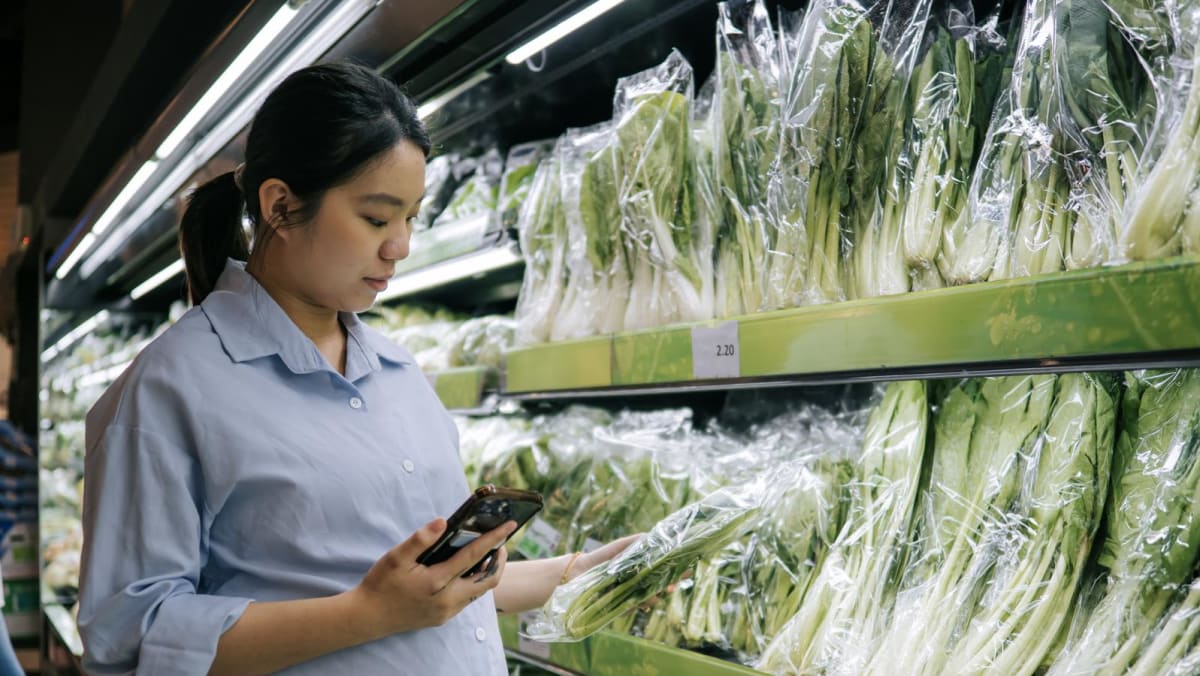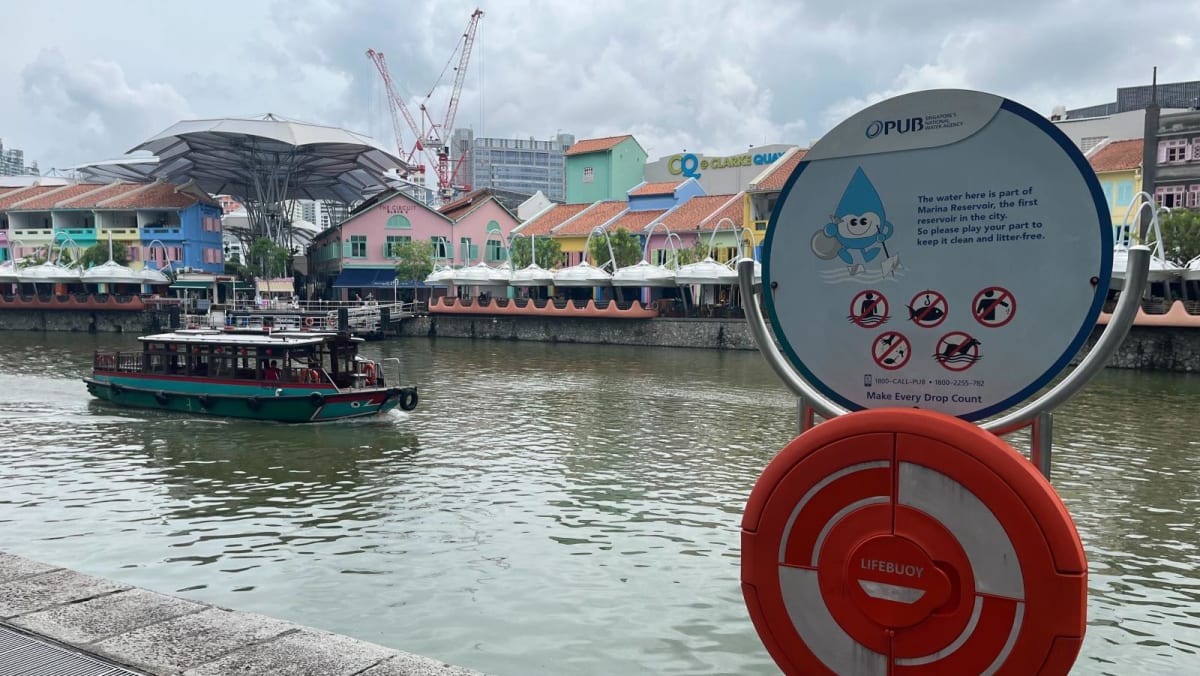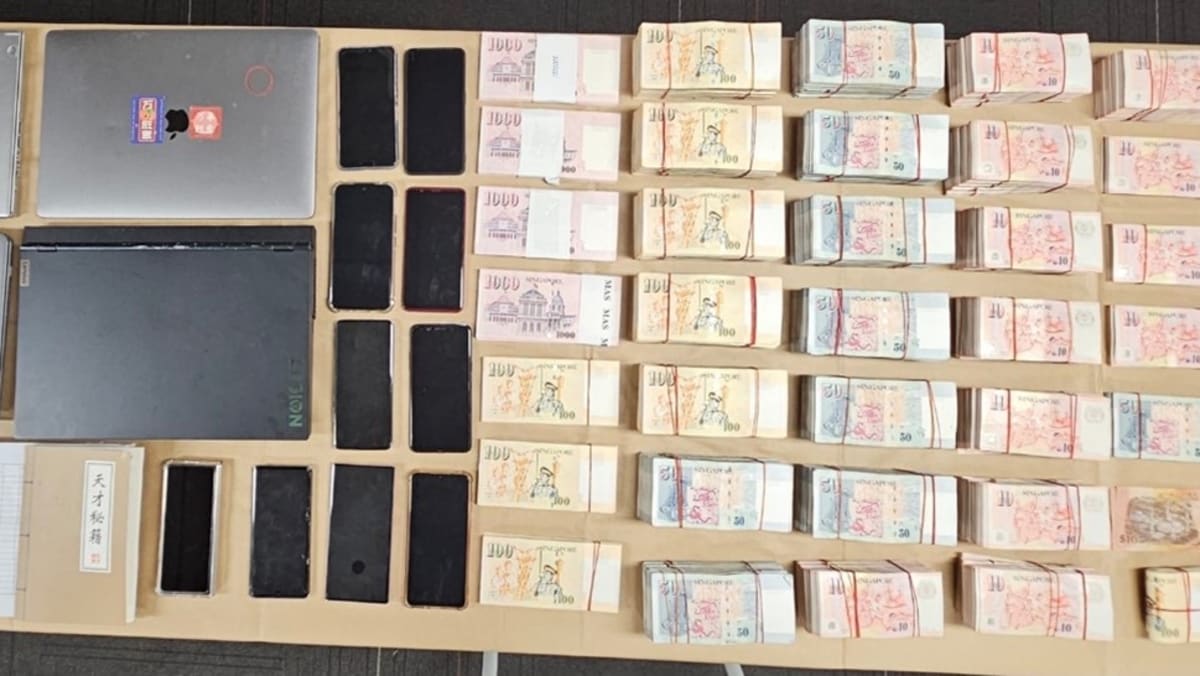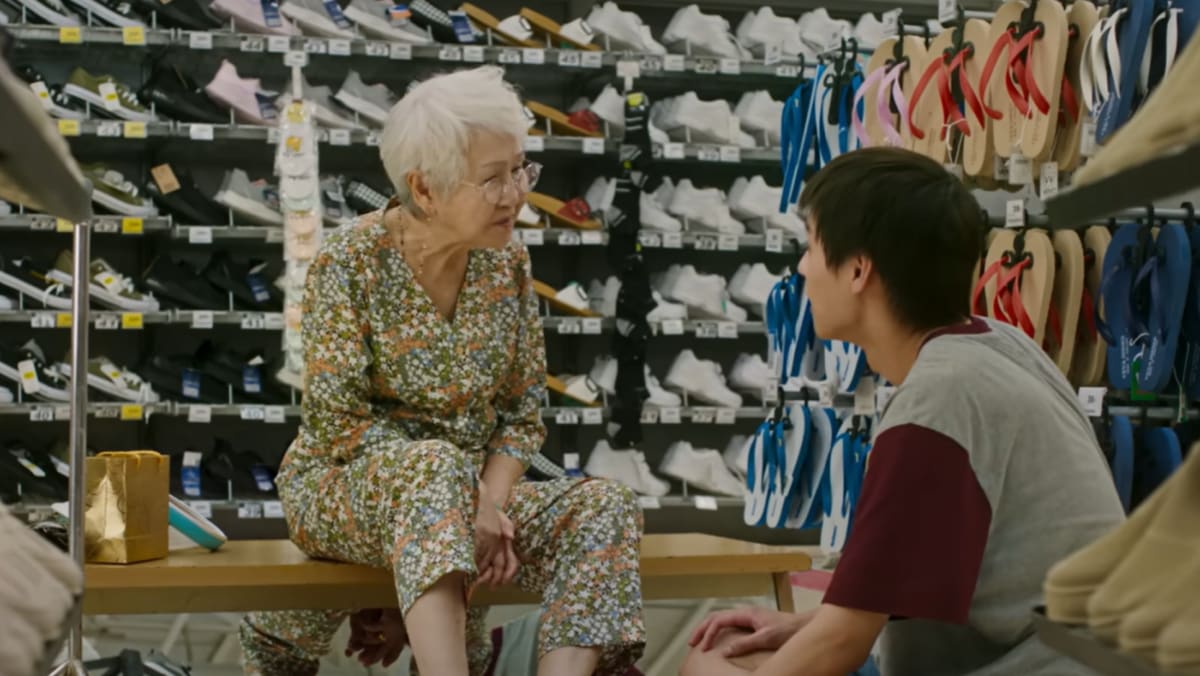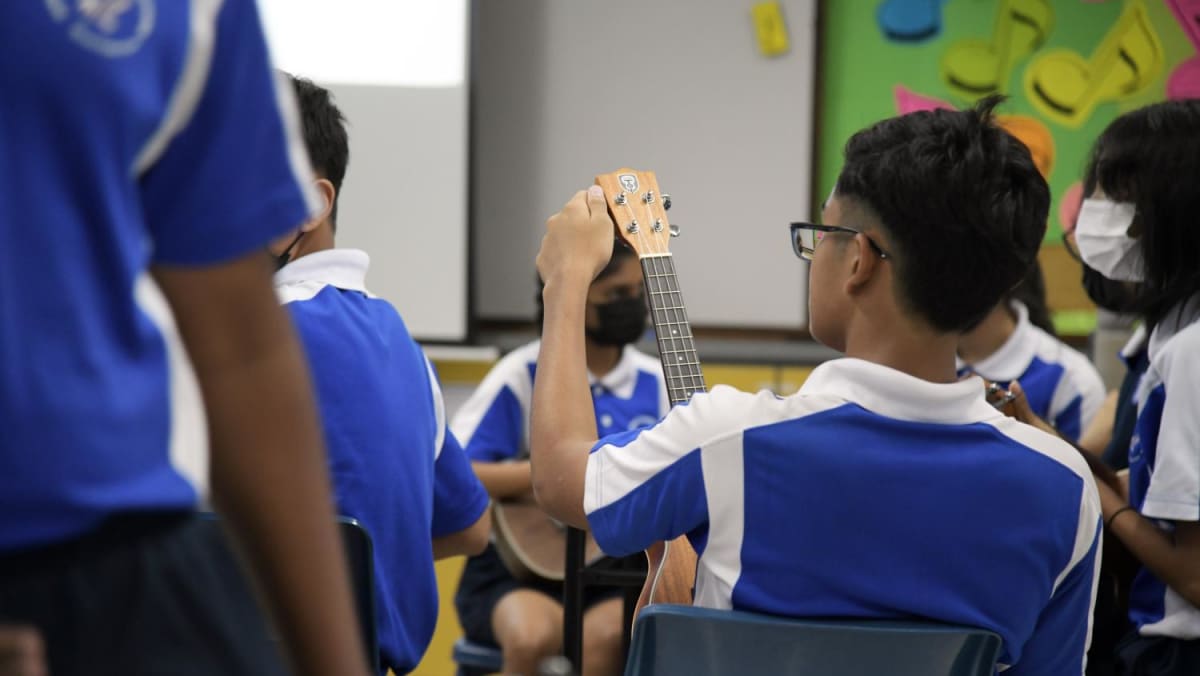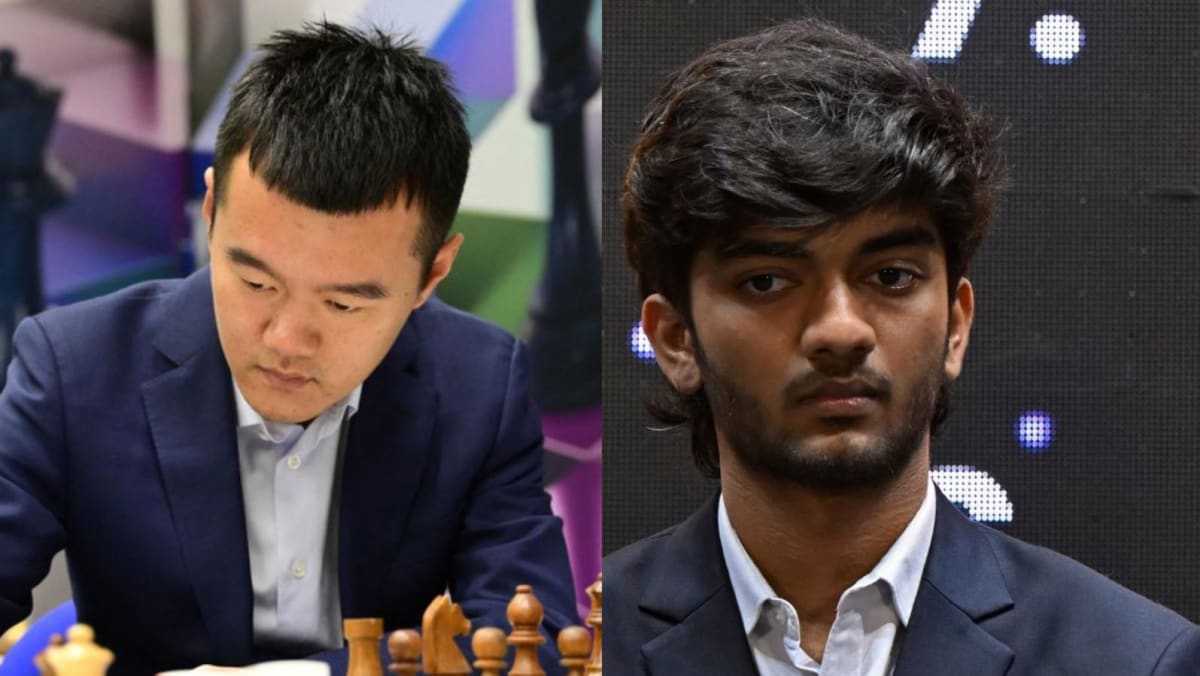“WE ARE NOT AN AGRICULTURAL SOCIETY”
More fundamentally, some farmers pointed out that Singapore lacks the industry support they need to realise the “30 by 30” vision.
“We don’t have the ecosystem. We’re not an agricultural society,” said NUS’ Mr Veera, who added that there should be a “moderation of expectations” around local food production.
Mr Ang, of Natsuki’s Garden and Artisan Green, likened the gulf in expectations and reality to “trying to hold a concert before making the stage”.
One thing that Singapore lacks is a central body that supports farmers technically, he said, pointing to the Cooperative Extension System in the US as an example.
The extension system is an educational network that comes under the Department of Agriculture. As part of the system, universities carry out agriculture-related research and share their knowledge freely with farms.
“They have diagnostic services with very short turnaround times so farmers can address disease issues quickly,” said Mr Ang.
In contrast, the typical timeframe needed to identify a disease in a plant sample in Singapore is three to five weeks, according to him. “That’s nowhere near what the industry would need to perform,” he said.
Mr Ang, who studied horticultural science in Florida, believes that Singapore needs more horticulturalists who have a deep understanding of how to grow plants and are up to date with agricultural technology.
“If you go to the farms in the US or Europe, you will see how ridiculously far behind we are in what we do, and people don’t even know that,” he said.
Farmers also pointed out that food resilience is not only about growing the produce, but making sure everything needed to grow the produce is in hand.
In that regard, Singapore lacks feed mills and fertiliser manufacturers, they said. There is also the matter of ensuring access to seeds and baby fish or shrimp.
Mr McGuinn of Atlas Aquaculture said that food security requires “everything from start to finish, and there’s none of that” in Singapore.
“Even if we grow 30 per cent (of nutritional needs), in a time of need for food security, the same countries that would cut you off – which is the risk – are the ones that have the feed for the fish, the babies,” he said.
Tackling this would mean putting more resources into research for local seed development and production, as well as local breeding and hatchery programmes for seafood.


